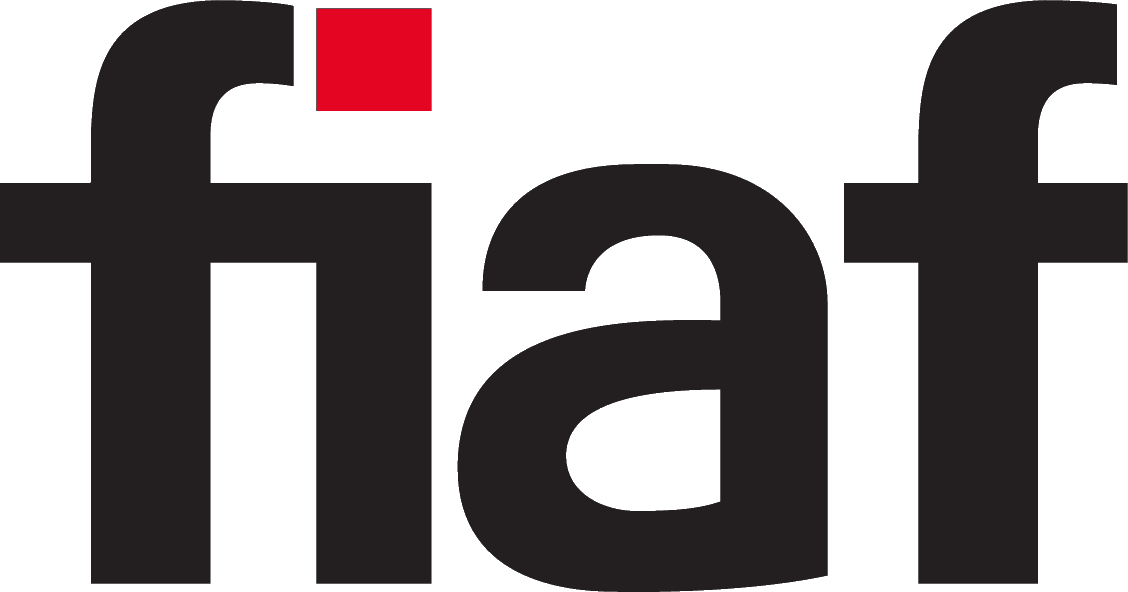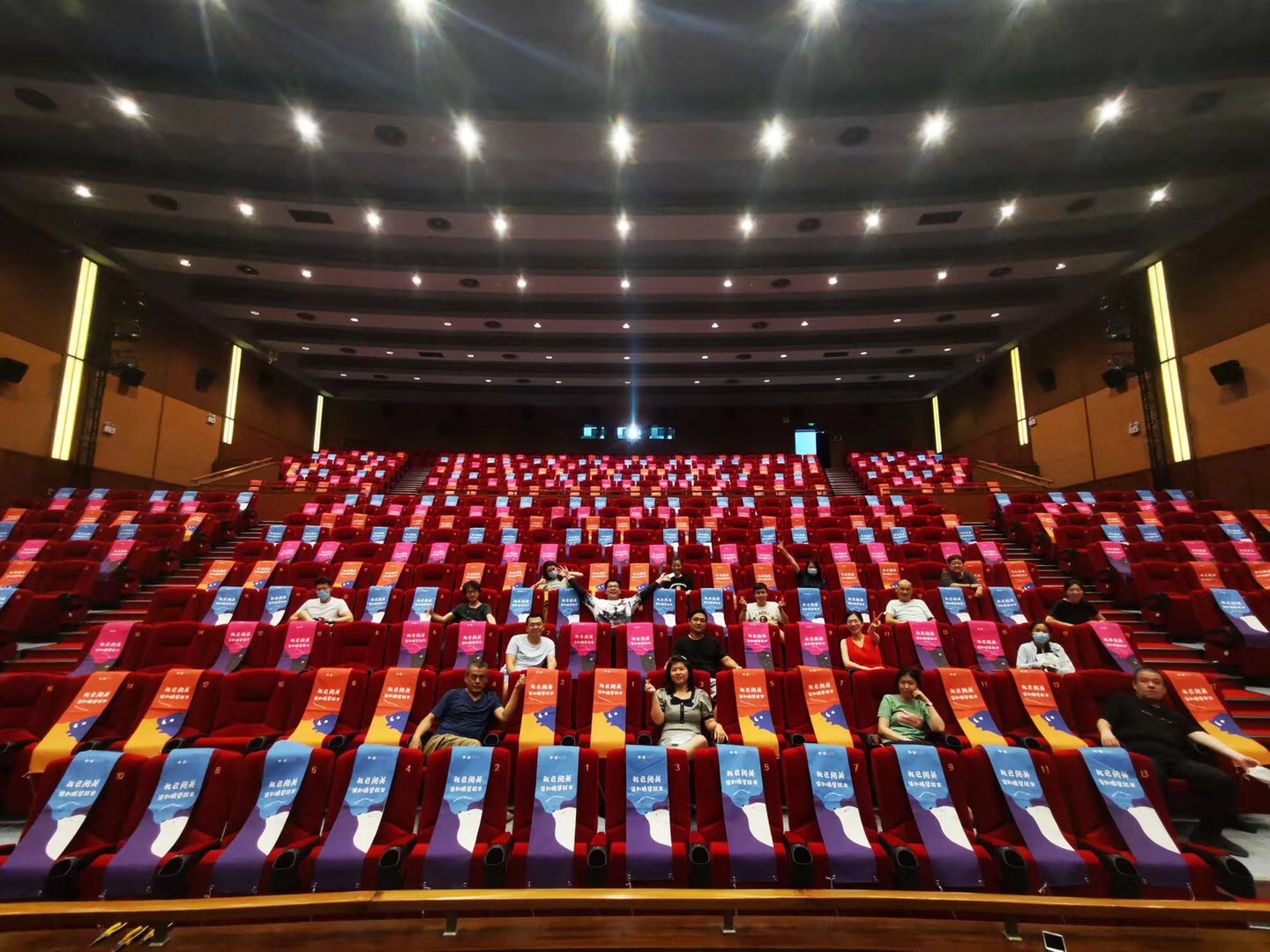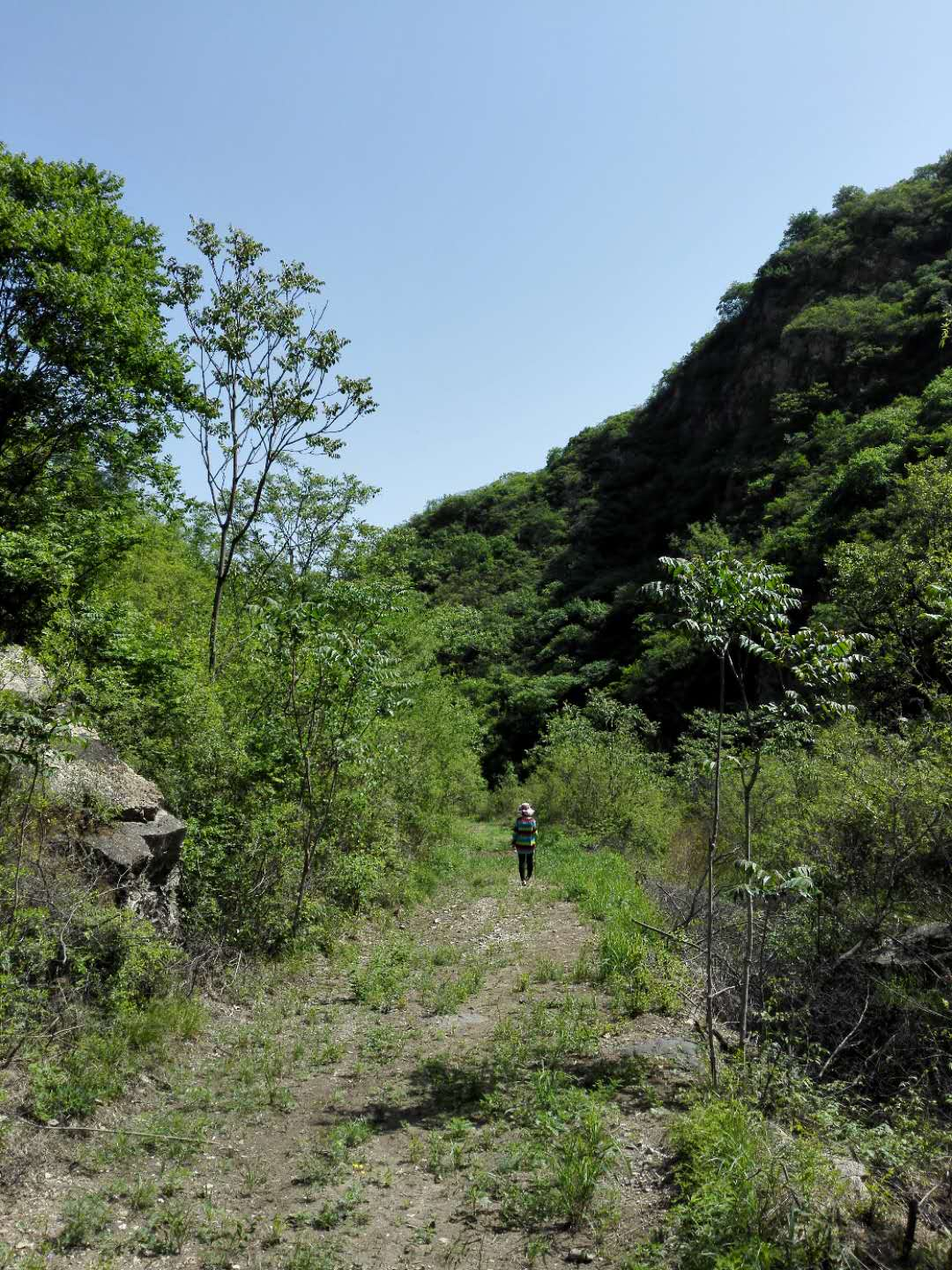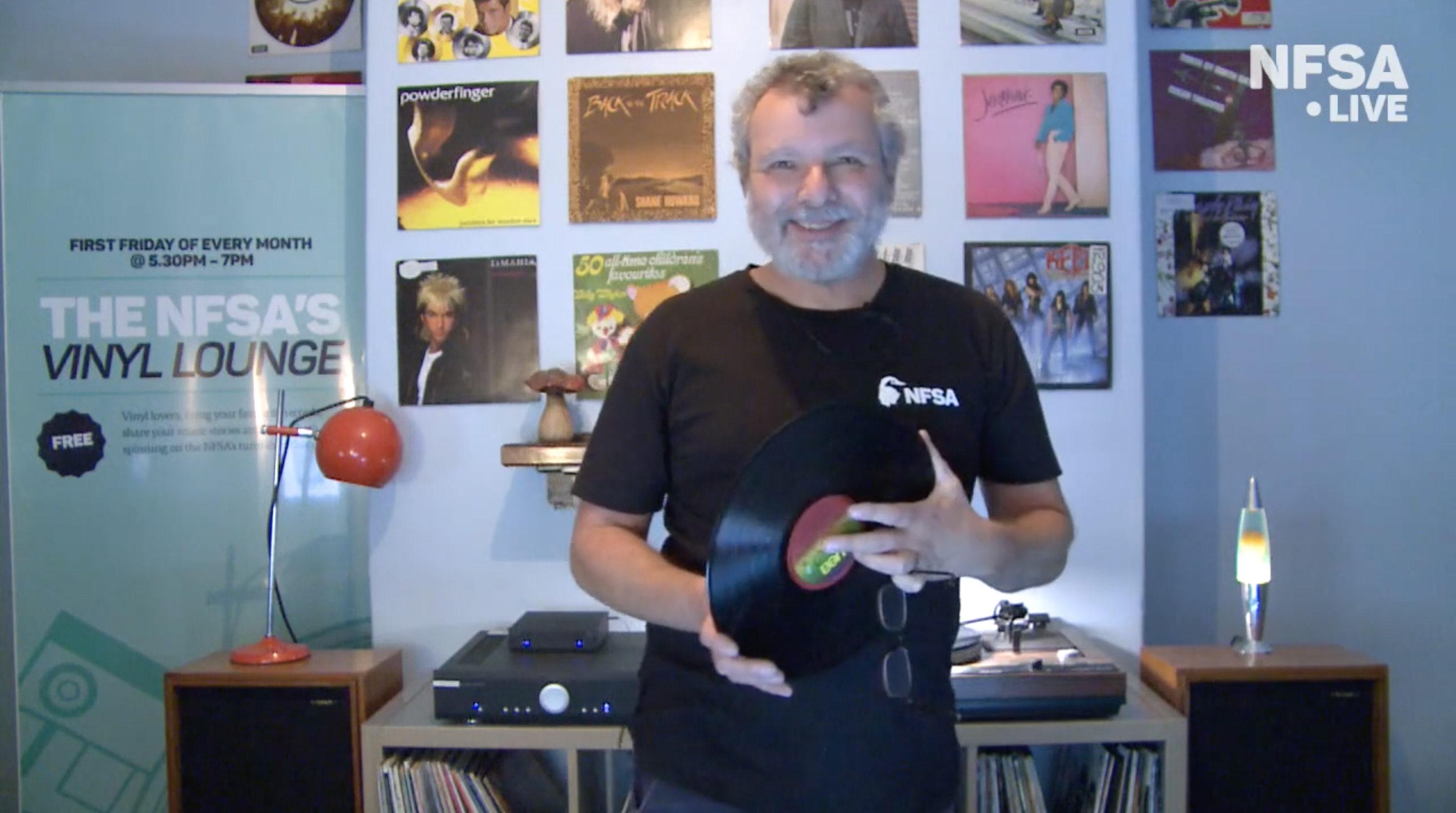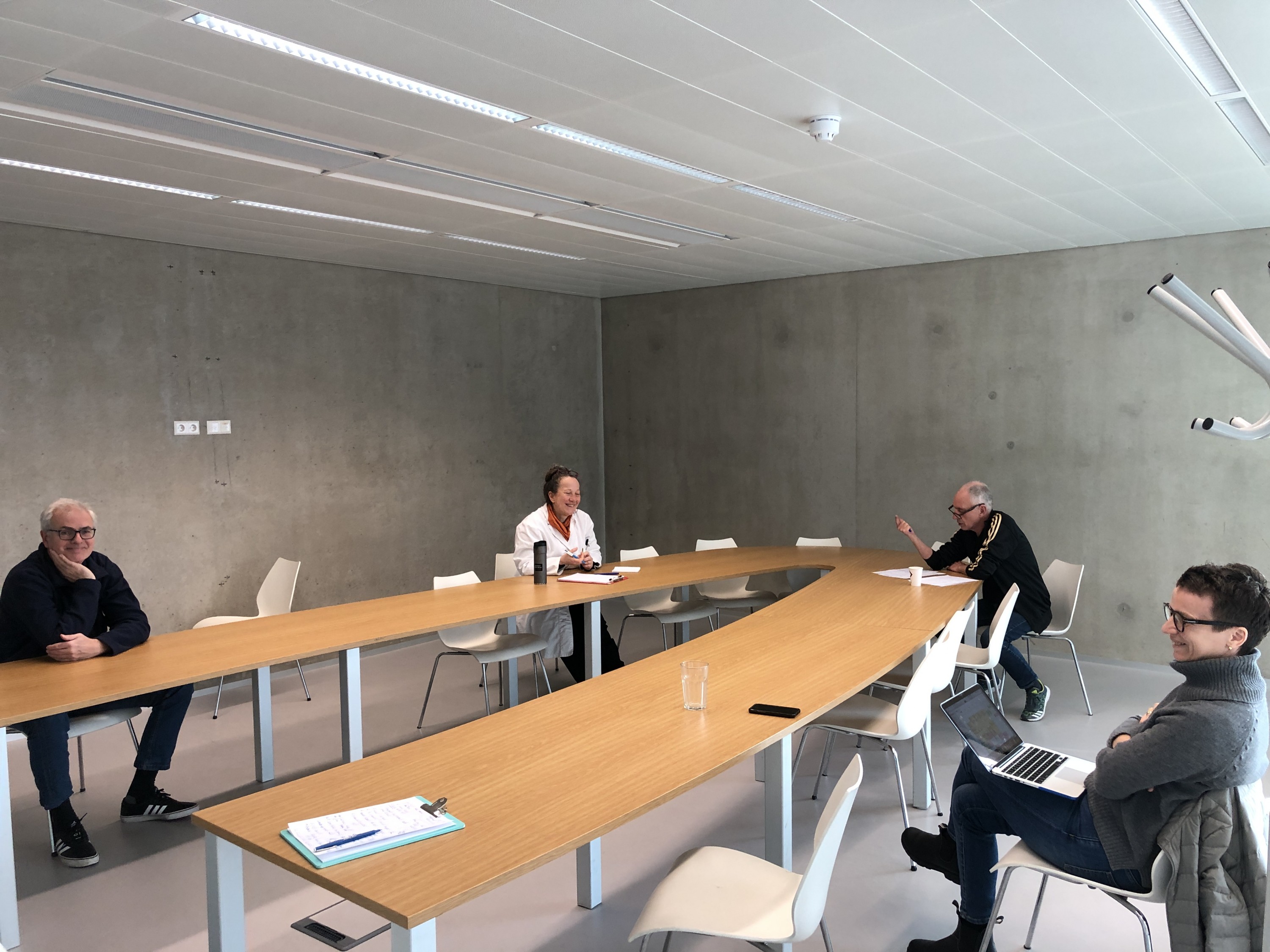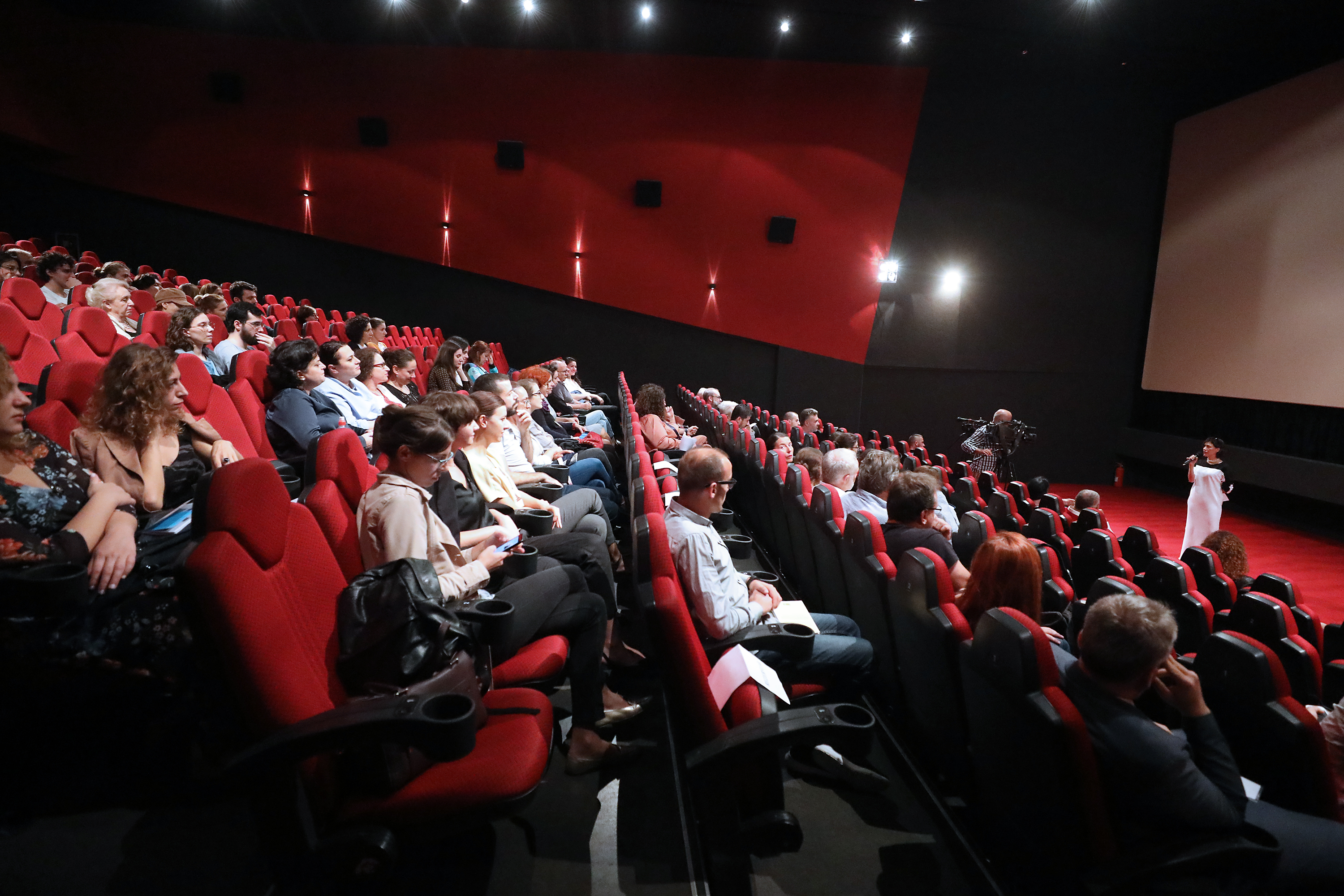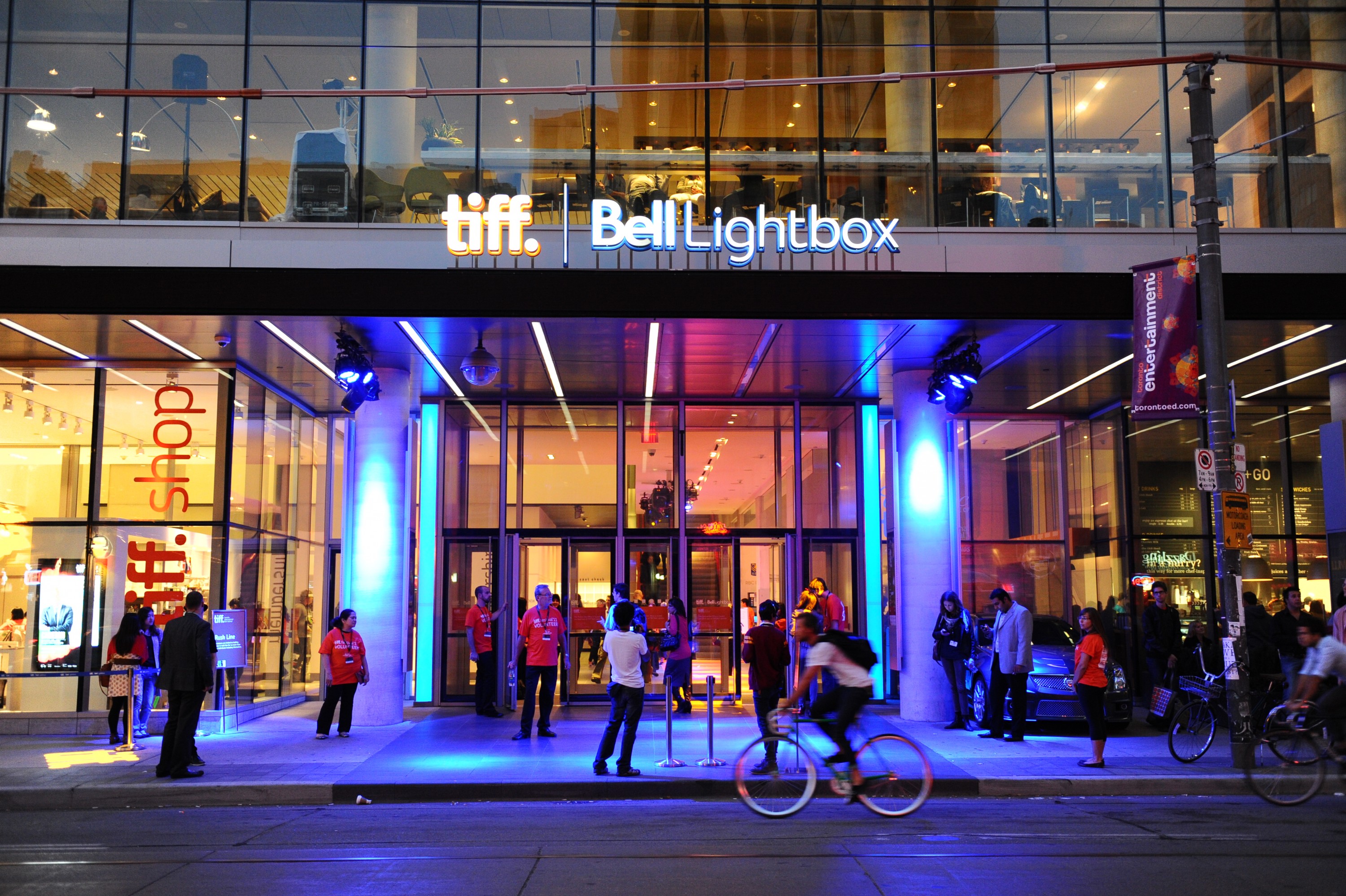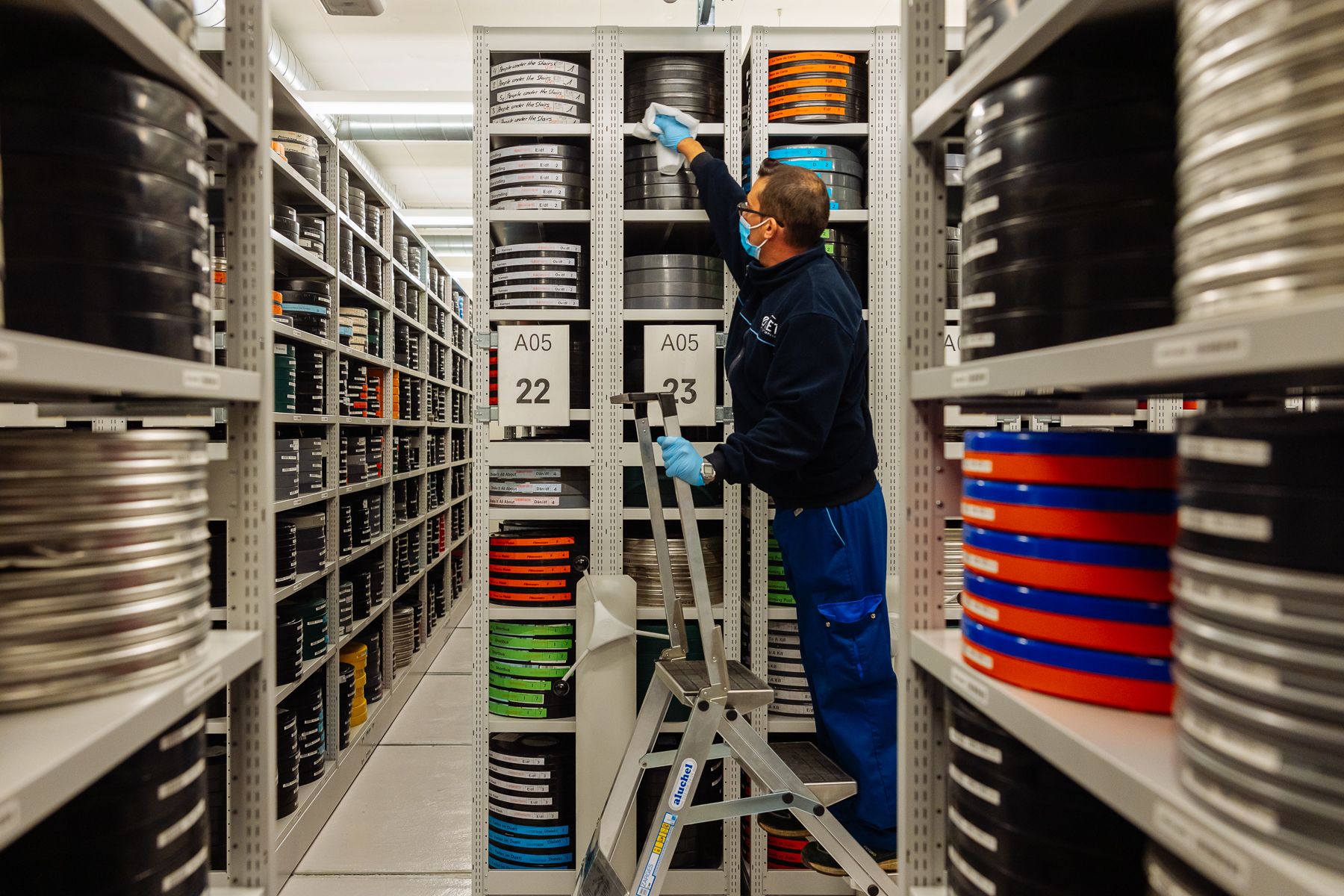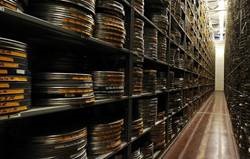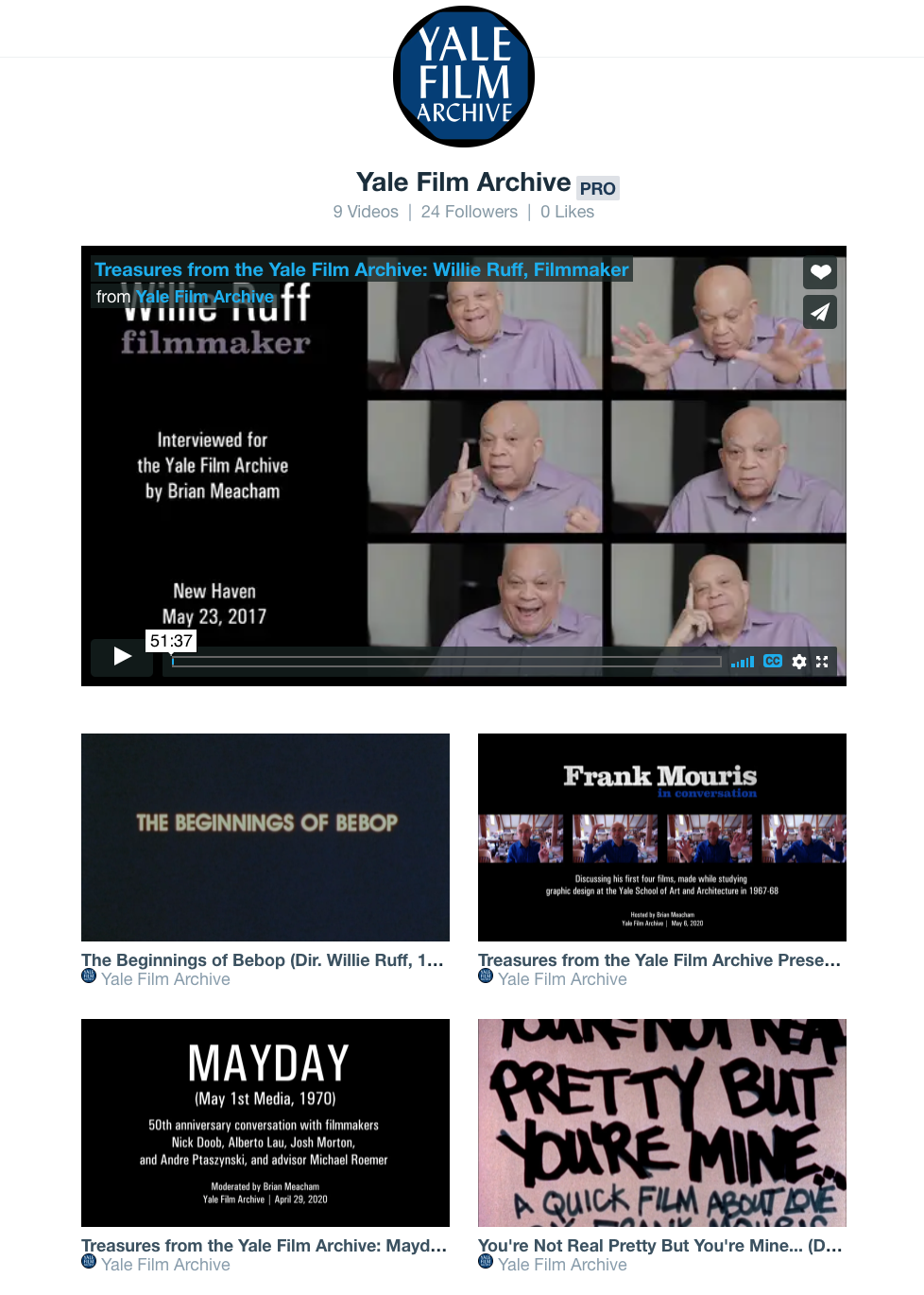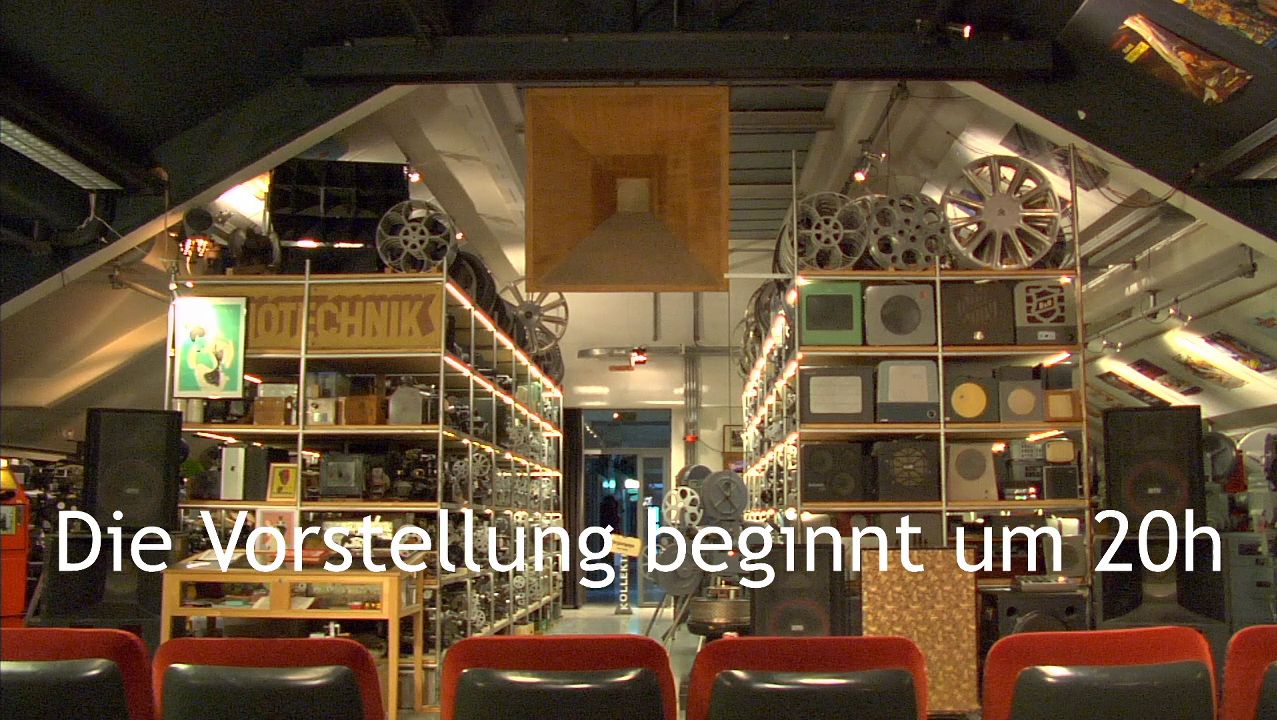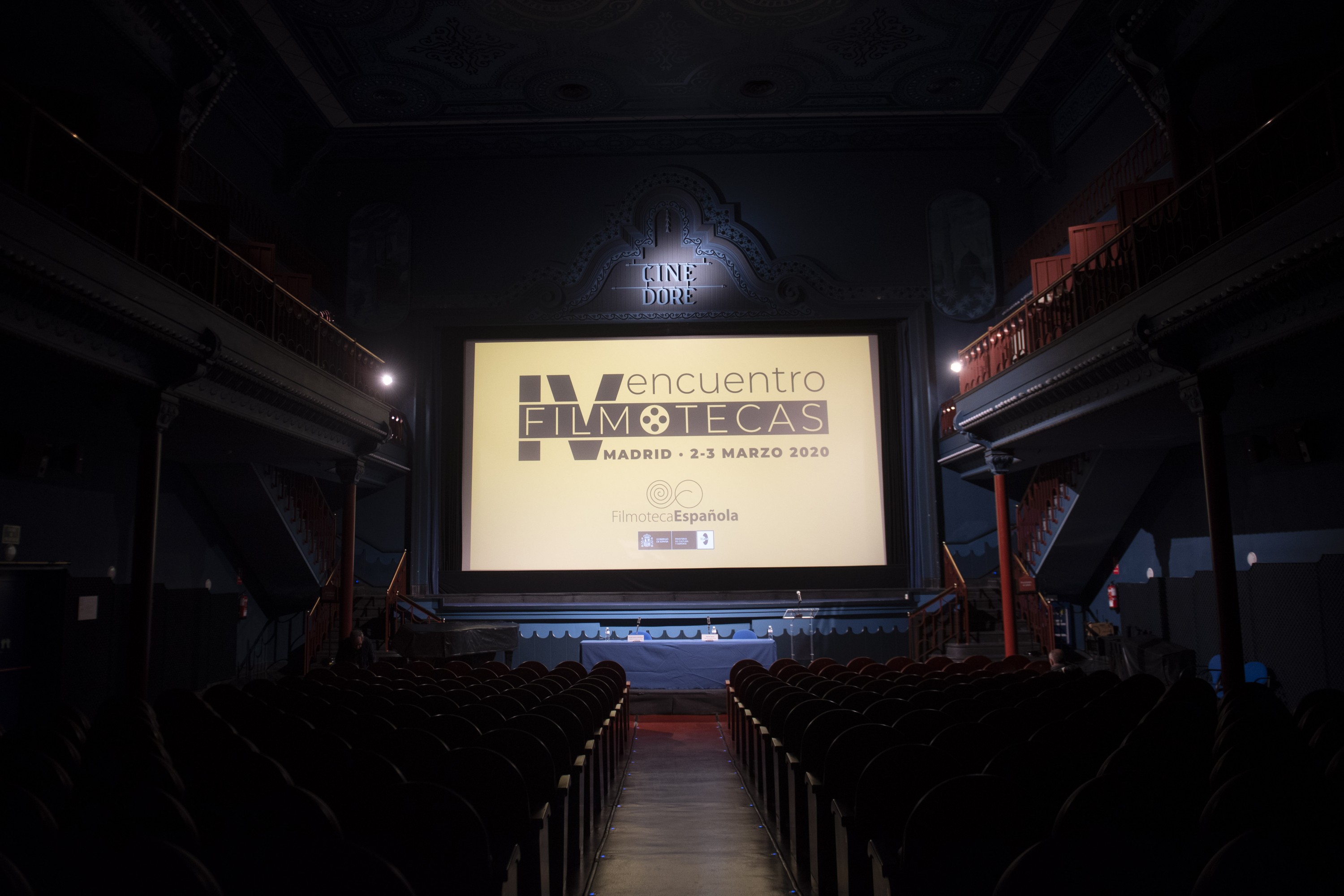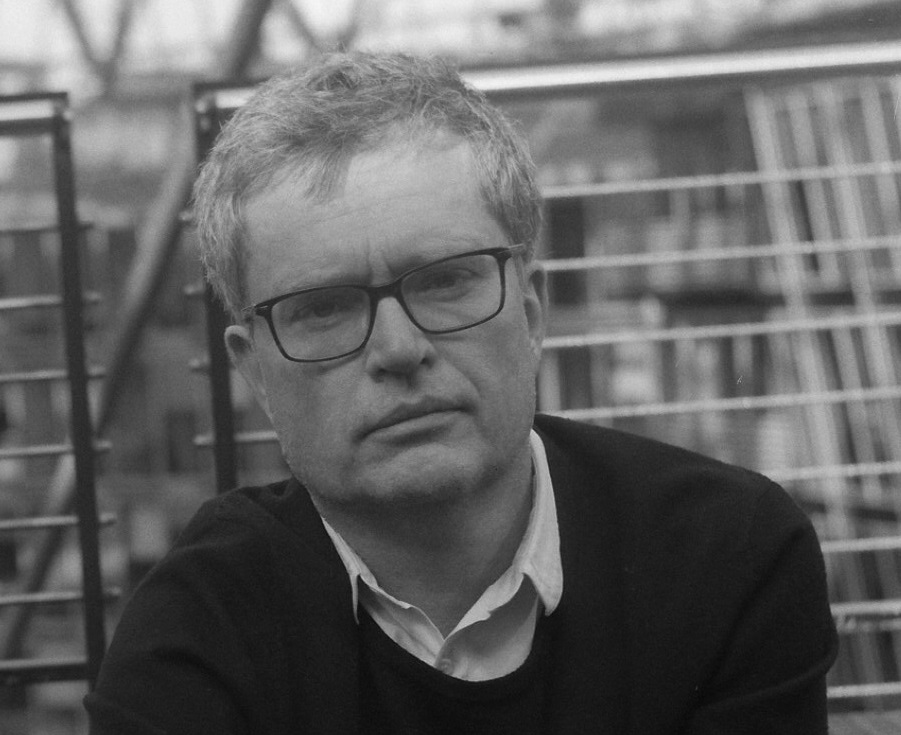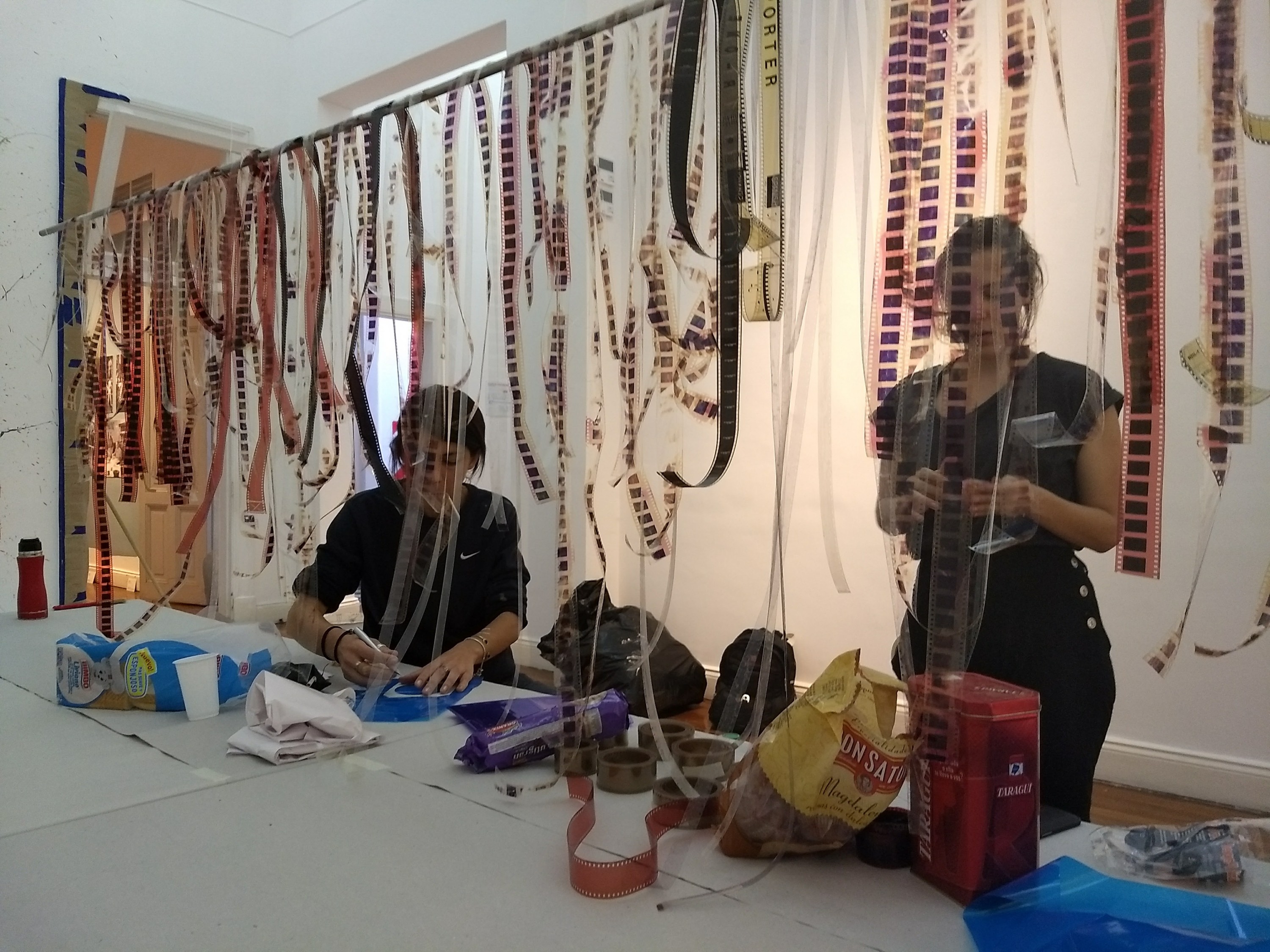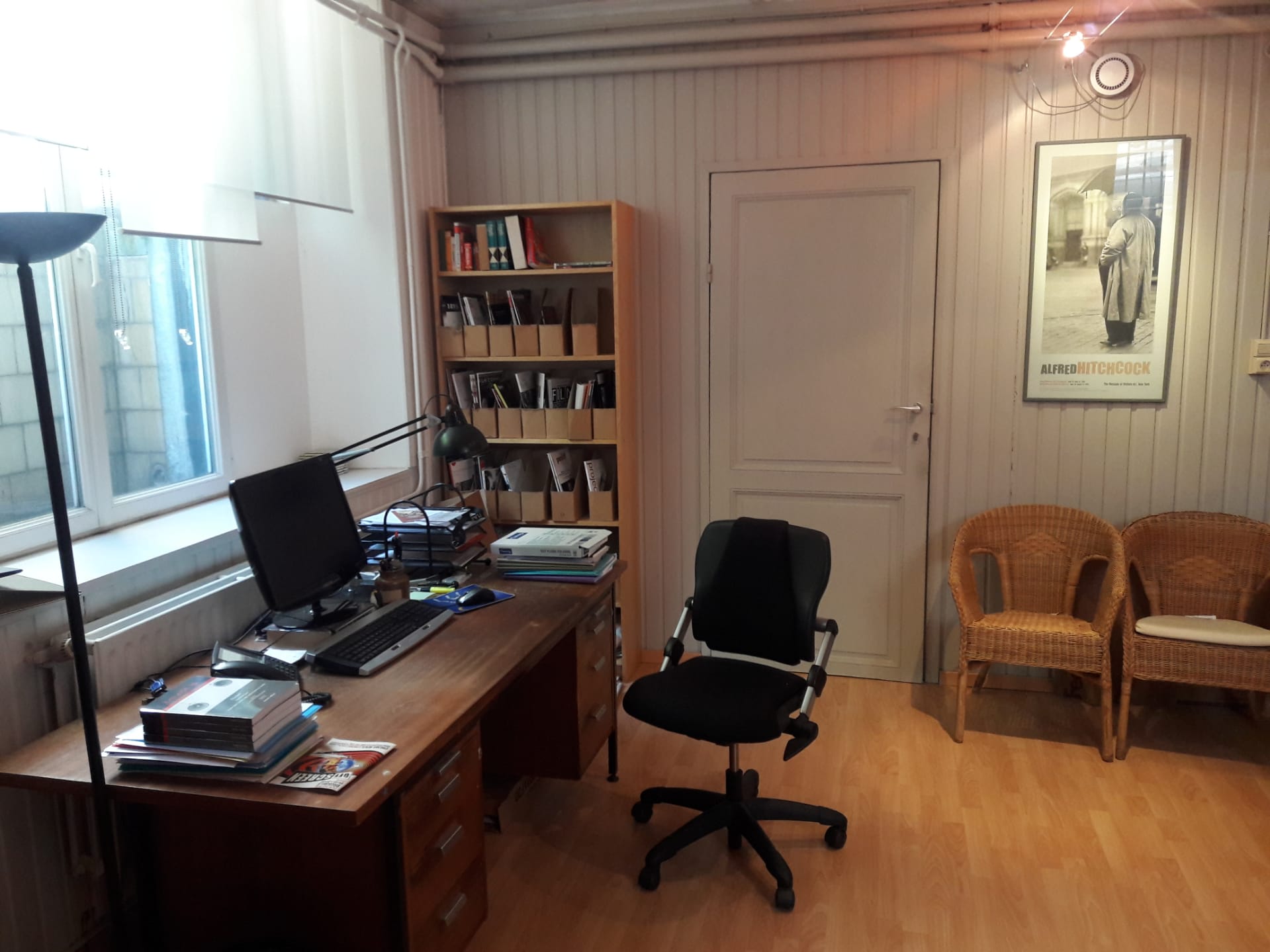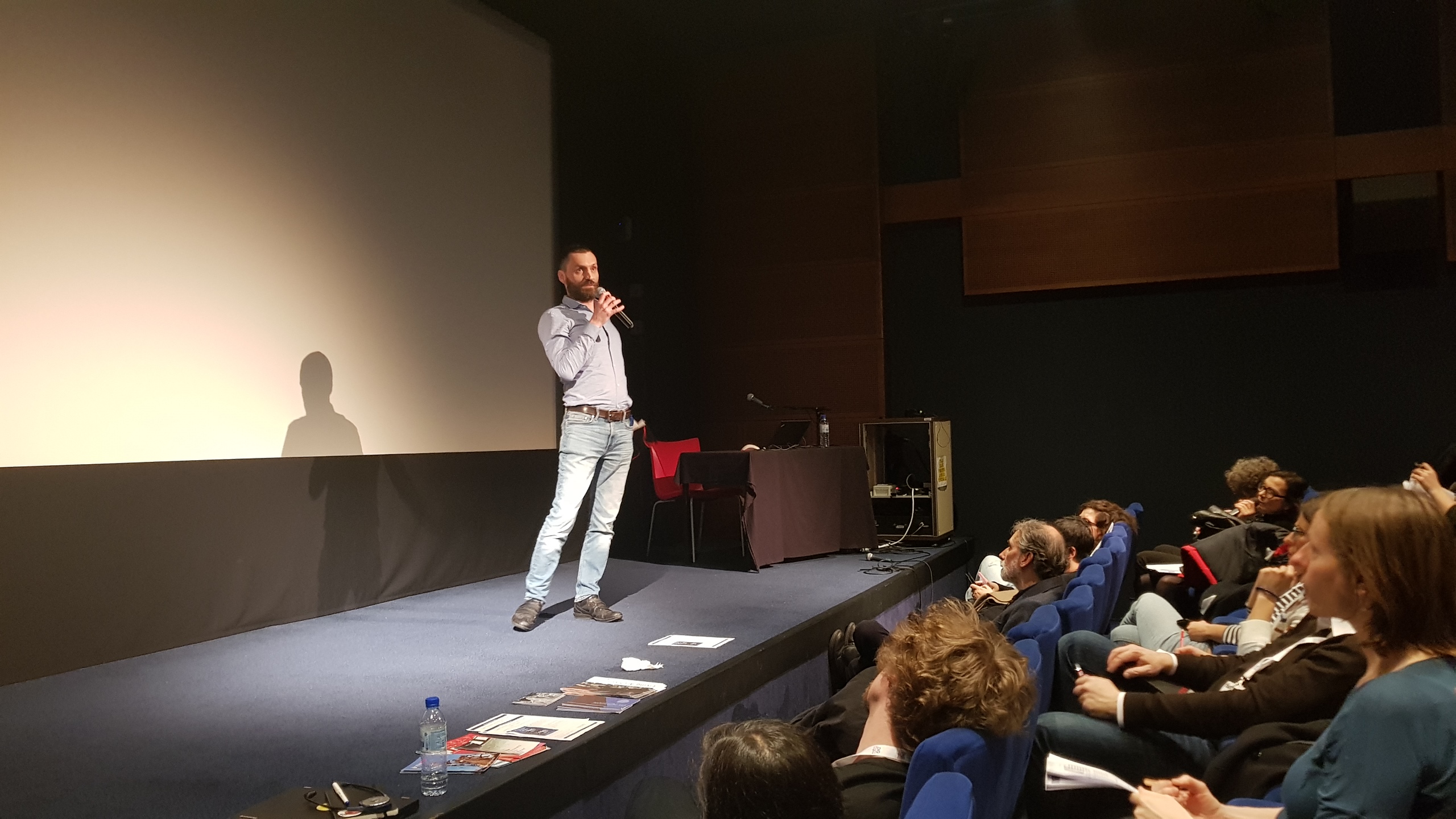 Photo courtesy of Shivendra Singh Dungarpur
Photo courtesy of Shivendra Singh Dungarpur
Your Experience of COVID-19
In the space of a few weeks, the COVID-19 epidemic has dramatically changed our daily personal and professional lives, and has deeply affected the work and missions of our film and audiovisual heritage institutions, bringing huge uncertainty across the entire sector. In this difficult context, we would like to invite you to share your experience of the current crisis, and would welcome both institutional and personal perspectives. You might for instance want to describe how it has affected your own job or how your institution has reacted to/managed it so far, share the unresolved challenges faced by your archive right now, or express your concerns for the future (of your job, your institution, the FIAF network, or the audiovisual archiving field as a whole). You might also want to suggest innovative ways of coping with the crisis, both in your institution and via international cooperation and solidarity, or perhaps even reflect on how a crisis that has brought the world to its knees could perhaps be a rare window of opportunity to build a more resilient and sustainable future for our sector.
You are entirely free to decide whether you want to write about something very specific (the impact of the crisis on your personal job or a specific mission/activity of your institition), or more general, and whether you want to contribute a short comment or a longer piece, as long as it has some relevance to the COVID19 crisis and its current and future impact.
To submit your text, simply fill in THIS SHORT FORM (you might draft your text elsewhere first and then copy and paste it into the form). You can add a photo illustrating your contribution if you wish (but you don't have to). You can also decide whether you want your contribution to be accessible to everyone, or only connected members of the FIAF community. Ideally your text will be in one of the three official languages of FIAF, but we will accept all languages, if it is easier for you.
We hope this platform, by giving you the opportunity to share your experience of this unprecedented crisis and exchange your concerns and reflections with others in the field, can help you feel a little less isolated at this very difficult time.
Your Contributions
When the pandemic COVID-19 began to explode, I was totally broken. I had already planned a trip to the famous national park Zhang Jia Jie with a few friends on the New Year holidays. First my friends told me they had to cancel their trip due to outbreak of the virus.
Read more ...
The covid-19 pandemic has required many people to make difficult judgments. Cinema managers have had to decide how many employees to shed. Actors were forced to assess how much personal risk to take to maintain their careers. Film archivists like me have not been spared.
Read more ...
The COVID-19 crisis has been a world-changing event. Dealing with COVID-19 and its aftermath could very well be the imperative of our times.
For some organisations short-term survival is the main agenda item. The National Film and Sound Archive of Australia (NFSA) finds itself in a relatively good space: as a public service organisation and a national collecting institution, its immediate continuity is ensured.
Read more ...
Eye Filmmuseum Collection Center during lockdown
We never fully shut down.
On March 16th, Eye went into “intelligent lockdown.” This was the Dutch national term, to describe a flexible lockdown situation: people were encouraged to work from home unless impossible, and children were home-schooled, but it was certainly less stringent than the full lockdown of other countries, as everyone was allowed to go outside, and masks were not required except on public transit.
Read more ...
This global pandemic truly startled us here in Albania. As the lockdown regulations are lifted, we are left to wonder what will become of our film institution in the next year.
There is little doubt that tremendous economic difficulties are on the horizon, especially after the devastation of the November 26th earthquacke.
Read more ...
TIFF made the difficult but necessary decision to shut down TIFF Bell Lightbox on March 14, including all screenings and events, all in-person Film Reference Library services, and use of office spaces. We have cancelled all screenings through to the end of our summer season, which amounts to 284 screenings for the TIFF Cinematheque.
Read more ...
[In English below]
Le 13 mars, le gouvernement suisse annonçait pour le 16 mars le semi-confinement du pays. Semi, parce que les Suisses n’ont jamais été obligés de rester à la maison. Et ceux qui devaient travailler pouvaient toujours y aller (ce que nous avons fait, mais avec une très grande modération).
Read more ...
Business continuity and disaster preparedness are a personal obsession, since I have had experience with both fire and flood (elsewhere!), and now pandemic. We are focusing on ensuring the physical and digital national collection is secure and properly preserved, as always. The BFI’s Conservation Centre being closed for months means a long period of equipment being out of use.
Read more ...
Work stopped at the the Yale Film Study Center on March 13, and the first few weeks, while Yale University was still in session, involved a good deal of work by staff focused on video collections, working to locate streaming sources for films used in course work to make up for the fact that students and faculty no longer had access to the FSC’s extensive DVD collection.
Read more ...
Suite à la pandémie Corona le gouvernement suisse a ordonné dès mi-mars des restrictions de grande envergure de la vie publique qui ont également touché les musées, les cinémas et beaucoup de services pour lesquels un contact personnel est nécessaire. Le Lichtspiel a été touché de ces mesures dans plusieurs domaines.
Read more ...
Let’s say it from the very beginning: this is an awful situation in all terms and affecting every single aspect of our lives. Health conditions, daily basics, economy, social spaces and interaction, film industry, (and, closely related) film and audiovisual heritage… Every single thing.
Read more ...
With a few exemptions, my whole professional life is connected with film institutions. I believe in them as places of (relative) stability and continuity. This was one of the reasons why I gave all my parents´ 8 mm home movies, however unimportant they might be, to my colleague responsible for home movies collection at Národní filmový archiv a few months after I started working here.
Read more ...
Nothing is as it was, we all know that. My working life still exists, I’m working hard, but aware my efforts actually contribute so little to the nation crisis, that’s all wrong isn’t it ?
I’m self-isolated, I have asthma so have to “shield”.
Read more ...
First of all, my heart goes out to all of you who have been personally affected by the pandemic, and who may have lost friends and family.
On March 16, I celebrated my 56th birthday (incidentally also the 56th anniversary of the donation of Svenska Filmsamfundet’s filmhistoric collections to the Swedish Film Institute).
Read more ...
There a lot of lessons to be learned from this unexpected and unheard-of pandemic situation. It is a unique opportunity to rethink our mission, to emphasize the value of history, memory, and shared culture, and to get comfort from the realization that we have a role to play in the reconstruction of community ties during and after social distancing.
Read more ...
In many ways it has been ‘business as usual’ for the two-person staff team of FIAF’s Periodicals Indexing Project (P.I.P.) since the start of the COVID-19 lockdown measures. Our indexing work is done in a web-based software system which can easily be accessed from any computer.
Read more ...
It only took a few days of social distancing measures as the consequence of the current global pandemic, before several film producers, distributors and exhibitors, both commercial and cultural institutions, started reinventing themselves as streaming platforms, thus bypassing the usual – and currently banned – idea of a public screening as the primary exhibition site.
Read more ...
Registrations are now closed for the next Thursday Workshop on "Contributing to the FIAF Directory of Special Collections" and "Collecting born-digital film related materials - an initiative by the BFI", to take place online on 27 March.
